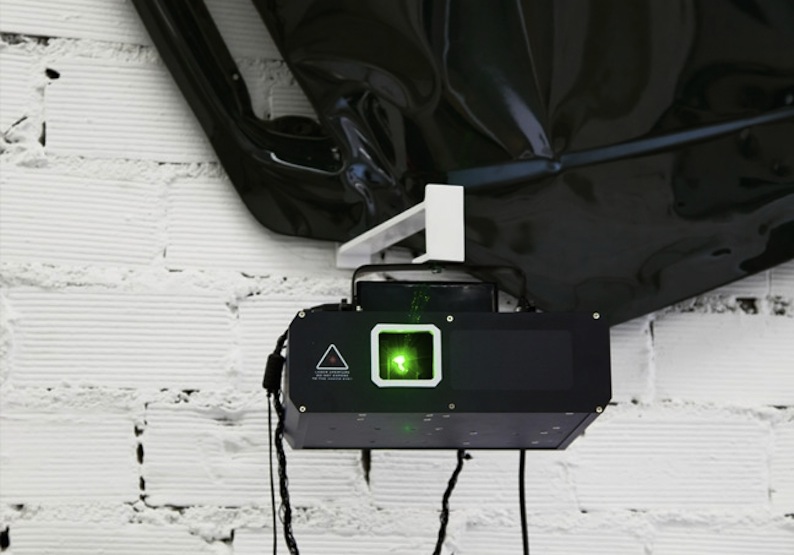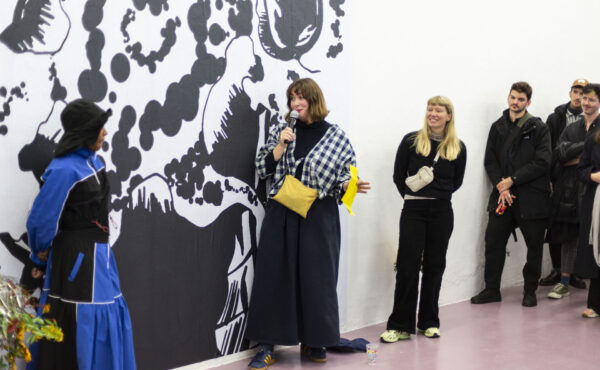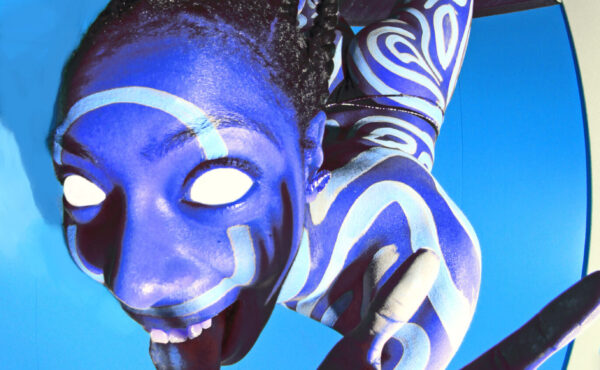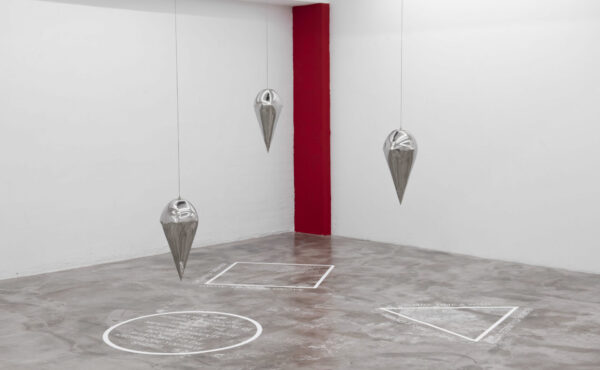
Rijks 3: Rubèn Grilo ‘My work has to do more with spoons than with soup’
In the build up of RijksakademieOPEN, resident artist Rubèn Grilo discusses his work, his plans for the future and that the soup never gets to the mouth miraculously.
I know you don’t want to speak about it too much until the opening of RijksakademieOPEN, but what can you tell us about the new work you are showing?
‘My initial interest to make this work was the question of how much space is required to store information and how we distribute it. We can store more and more data in less and less space, but we can’t do it with all kinds of data, and the space of the collection is evidence. Essentially, it is a place occupied by data stored by the Rijksakademie over the years, in the form of texts and images on paper. It’s a rather big space compared to a hard-drive, so you might wonder why they don’t scan it and later destroy all those documents. They could save so much space… And the same goes for the Rijksmuseum! Why don’t we do that? Well, besides the cultural value of those works I think the answer has to do with a certain idea of fidelity. Imagine, for instance, a drawing: the most accurate version of a drawing is the drawing itself. Not protecting those papers is as reckless as not considering where and how information is stored on the Internet. In that sense the library collection is a place which reminds us very literally that the material side of information is inescapable. The final work is also embracing other issues like my interest for animation and singularity, but that was the starting point.’
The website of the Rijksakademie describes your work as exploring ‘the notion of art as pure information’. That’s a really conceptual way of looking at things. What are your motives for this approach?
‘What do you mean by “conceptual”? I have always thought that all art is conceptual. If you refer to the use of the word “information”, it was used about fifty years ago to speak about art. By using it I am just rescuing what I think is a missing link in Conceptualism that has to do with artists like Les Levine or Donald Burgy and many others. Let me put it in a different way, then. One day I was having dinner with some people and a friend had a sip of his soup and said: “I love this spoon!”. Perhaps this is a good way to express it. I think that my work has to do more with spoons than with soup. Remember that the soup never gets to the mouth miraculously, even for people who believe in miracles.’
Before the Rijksakademie residency you lived in Barcelona. How are the opportunities for artists there?
‘If you compare it, there is more shelter for artists here in general. But at the same time it would be rash to ignore the parallels. What is in Spain, excused now by the economic crisis, was similar to how the budget cuts started in The Netherlands. Basically, people are replaced by politics, and politics by markets. Everybody (including a number of artists) seems to be convinced that art is useless because it is not efficient enough in economical terms. As far as I am concerned, I also think art is useless, but for very different reasons!’
Your working period at the Rijksakademie ends this year. What’s next? Are you staying in Amsterdam?
‘I’m not staying in Amsterdam, or going back to Barcelona. I’ll be travelling between Germany, England and the United States next year, working on a project that follows the steps of the first industrialists before the US Independence. I am trying to understand further some things I am concerned with, or at least trying to find some interesting problems.’
RijksakademieOPEN
1-2 December 2012
Rijksakademie, Amsterdam
www.rijksakademie.nl
www.rubengrilo.net
Jolien Verlaek


